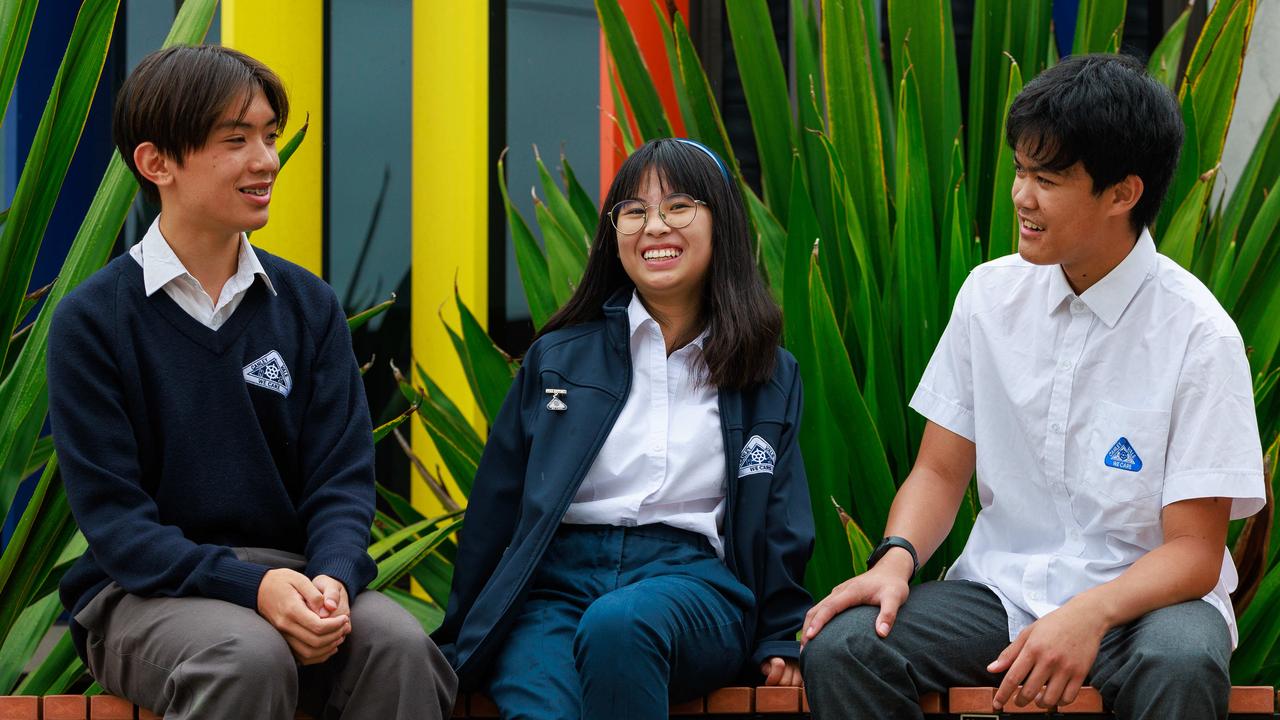NSW’s richest and poorest schools revealed: Search the full list
While the richest private schools have added tens of millions of dollars to their coffers over the past five years, nearly 200 NSW schools have lost income. Find out how much cash your local school receives.
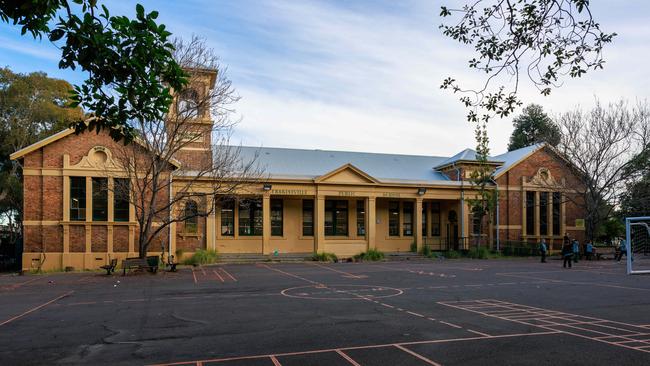
Schools Hub
Don't miss out on the headlines from Schools Hub. Followed categories will be added to My News.
While the richest private schools in the state have added tens of millions of dollars to their coffers over the past five years, in the same period nearly 200 NSW schools – the majority of them public – have lost income to the tune of $90 million.
The Daily Telegraph’s analysis of school finances as reported to the Australian Curriculum, Assessment and Reporting Authority (ACARA) has revealed 168 primary, secondary and combined schools have seen their gross annual income shrink between 2018 and 2022. All but 50 are government schools.
Karuna Montessori School in Narraweena has experienced the most substantial loss of any school, down 78 per cent, while Queanbeyan public school Karabar High’s gross income has shrunk by 40 per cent – a loss of more than $7500 per student.
For the smallest regional schools, declining enrolments can make or break the budget. In the Illawarra, Austinmer Public School is down 36 per cent in terms of gross income.
At Gresford Public School, 40 kilometres northwest of Singleton, parents are fundraising to support a specialist STEAM teacher to come in one day per week – an extra educational luxury government funding no longer covers, after total income fell nearly 20 per cent by 2022.
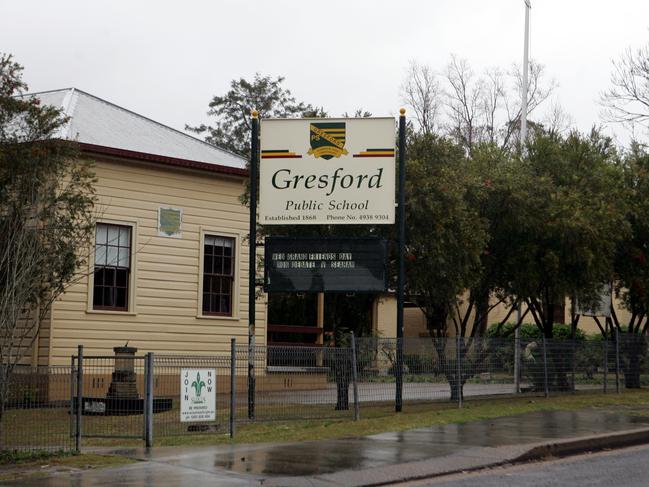
Even in metropolitan Sydney, Erskineville Public School students have taken a hit. The school’s gross income has shrunk by 11 per cent – a decline of nearly $400 per student – over five years, and parents are noticing the cutbacks.
Lauren Thomas, mum of eight-year-old Erskineville student Alfred and his seven-year-old sister Florence, said “extra opportunities” has disappeared.
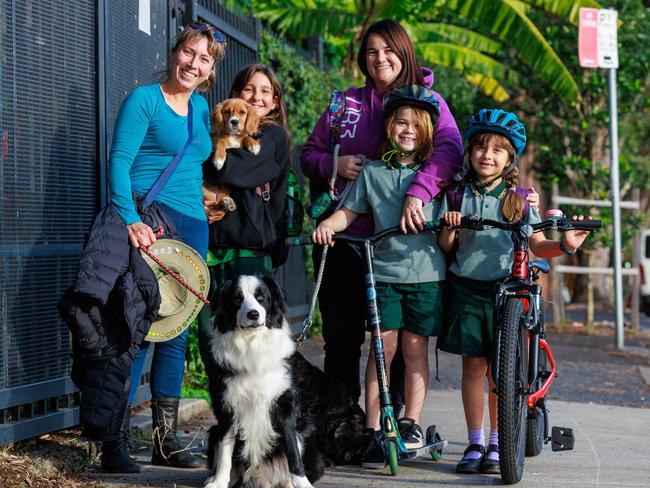
“Last year the school was involved in the Schools Spectacular, but this year they said they couldn’t do it,” she said.
Fellow parent Danielle Goncalves said the school has already survived being nearly shut down, and fears the school “could lose out on our good teachers”.
Meanwhile The Daily Telegraph can also reveal the 20 wealthiest schools in the state have raked in more than $6.7 billion combined over the same period – a sum more than six times the amount the NSW government will spend on basic maintenance of its public schools this year.
Each of the top private schools have grown their income by between five and 40 per cent, and the single wealthiest school in NSW continues to be Knox Grammar, an upper north shore school catering to more than 3000 boys whose parents pay up to $40,000 for the privilege.
Between 2018 and 2022 – the most recent year for which school funding figures are available, Knox reported a combined gross revenue of over half a billion dollars in tuition fees, private fundraising, as well as state and federal government funding.
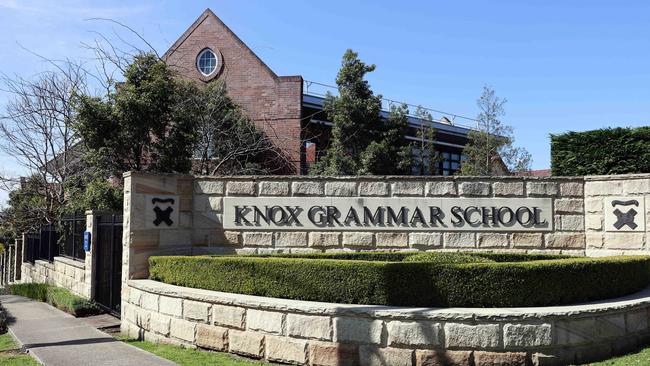
Over the five years, second-richest school Barker College’s income increased by 40 per cent, taking its total to $462.5 million.
Barker headmaster Phillip Heath attributed the sharp growth to the introduction of coeducation across all year levels from 2019.
“This has had a proportionate increase in income which the School is reinvesting in facilities for our students and for the benefit and use by the local community,” he said.
Sydney Grammar School ($456.1 million), The Scots College ($447.1mil) and Pymble Ladies’ College ($409.5mil) round out the top five.
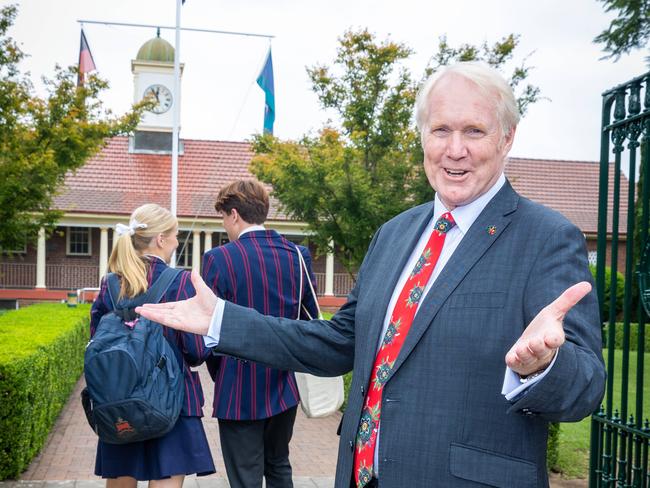
NSW Teachers Federation president Henry Rajendra said the funding shortfall is “completely fixable”, calling on the federal government to increase its share of the ‘school resourcing standard’ to 25 per cent out of “economic necessity”.
“The disparity between public and private schools is not just starkly unfair, it is deeply shortsighted,” he said.
“Today’s students are the lifeblood of tomorrow’s workforce. Short-changing their education now will have consequences for decades to come.”
A spokesman for the Department of Education said total public school funding has increased by $3 billion between 2018 and 2024.
“NSW government funding of public schools is based on a model that recognises the unique context of each school and the needs of its students,” he said.
“This may cause an individual school’s funding to fluctuate from year to year.”
Do you have a story for The Daily Telegraph? Message 0481 056 618 or email tips@dailytelegraph.com.au





